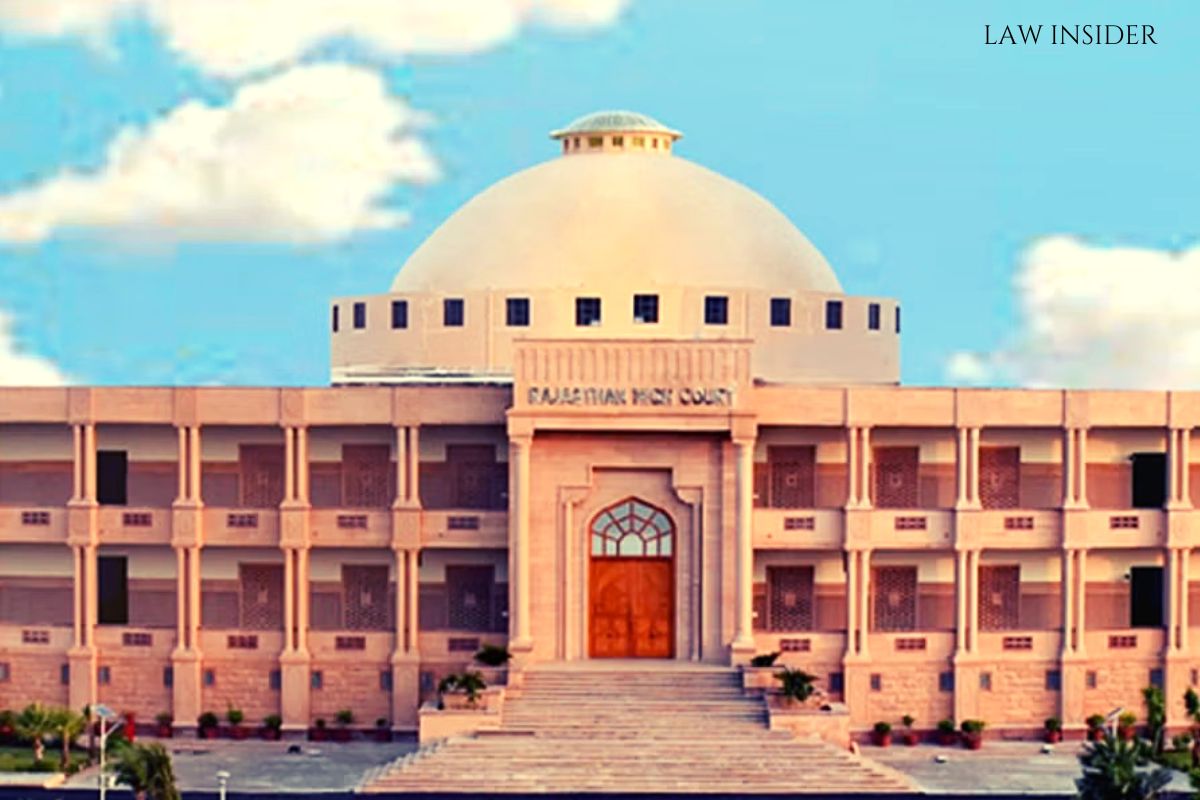LI Network
Published on: 3 August 2023 at 10:45 IST
The Rajasthan High Court, Jaipur Bench, has ruled that the performance of a person cannot be deemed both unsatisfactory and outstanding in the same year, and has quashed the adverse entries made in the Annual Confidential Report (ACR) of the Regional Transport Officer (RTO).
The Single Bench of Justice Anoop Kumar Dhand declared that the adverse remarks in the ACR were biased and self-contradictory.
The Court highlighted that sudden adverse remarks in the ACR suffer from biasness, and the performance of a person cannot be simultaneously unsatisfactory and outstanding in the same year.
The Court further deemed that the adverse remarks were not tenable in the eyes of the law.
Advocate Sandeep Saxena represented the petitioner in the case, while Government Counsel Rupin Kala, along with Advocate P.S. Naruka, represented the respondents.
The petitioner was an Additional Regional Transport Officer who was promoted to the position of Regional Transport Officer in 2005-2006. However, the promotion order was later recalled, and the petitioner was given the promotion against the vacancies of 2009-2010 due to adverse entries recorded in the ACR for the year 2005-2006.
Throughout the petitioner’s three-decade-long service, his record remained unblemished, and there were no complaints or charge sheets against him.
Despite outstanding work performance and numerous appreciations from higher authorities, the ACR of the petitioner was suddenly downgraded to unsatisfactory without any advisory or notice.
The High Court questioned how the same year’s ACR could have drastically different evaluations, with the same period being assessed as outstanding after July 16, 2005.
The Court noted that the ACR was filed by the Reviewing Officer, who was not competent to do so, making the adverse entries invalid according to APAR instructions.
Based on these considerations, the Court quashed the adverse entries made in the petitioner’s ACR and allowed the writ petition.

